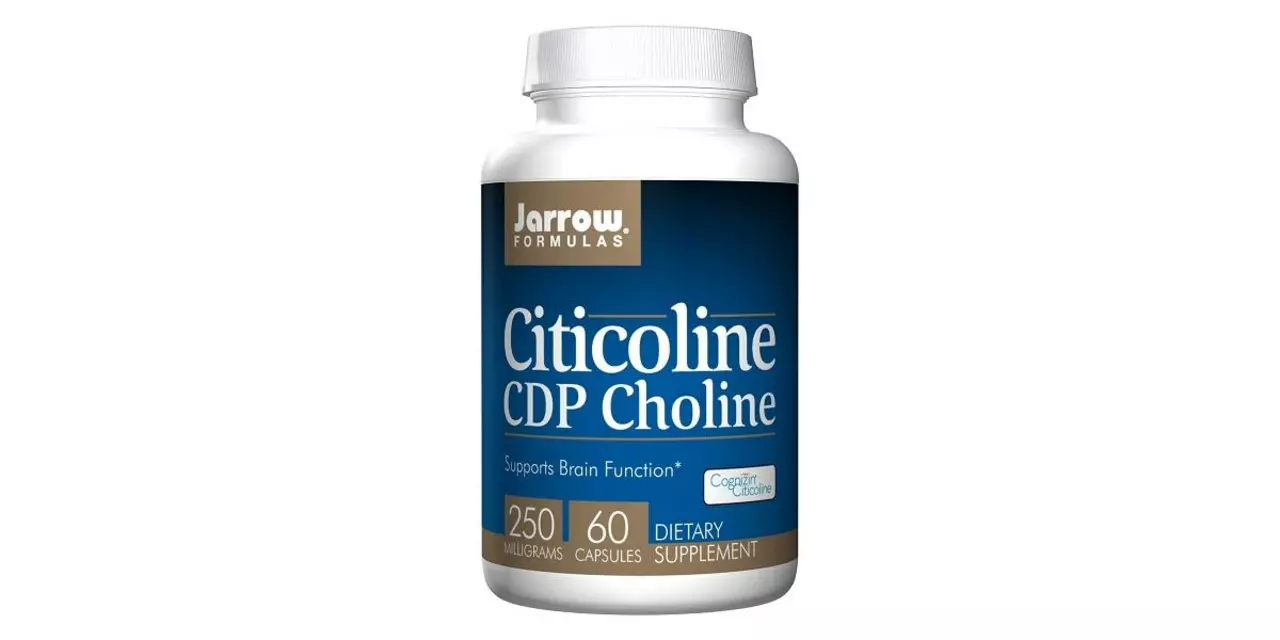Diet and Your Meds: Smart, Simple Choices
Food affects more than your weight. It changes how medications work, how supplements act, and how fast you recover from illness. If you take prescription drugs, or rely on supplements, a few small diet changes can make a big difference. This page collects practical tips and reliable articles to help you eat smarter while staying safe.
Quick rules to protect your meds
Watch grapefruit and grapefruit juice. They block enzymes that break down many drugs, so blood levels can spike unexpectedly. Give certain meds space from dairy and calcium—calcium binds with some antibiotics and thyroid meds, cutting absorption. Always check whether a medicine should be taken with food or on an empty stomach; that instruction isn’t just bureaucratic—it matters for how well the drug works and how likely you are to have side effects.
Pay attention to vitamin K if you’re on blood thinners. Leafy greens are healthy, but large, sudden changes in vitamin K intake can change how anticoagulants work. Don’t stop or start a vitamin or herbal supplement without talking to your prescriber—many plant extracts and over-the-counter pills can boost or block prescription effects.
Practical meal timing and supplement tips
If a medicine causes an upset stomach, pair it with a small, bland snack—toast, banana, or yogurt can help. For drugs affected by food fat, take them with a meal that contains some healthy fat (olive oil, avocado, nuts). If you’re using iron supplements, take them away from calcium or antacids for better absorption; vitamin C with iron helps it work better.
Trying weight loss or muscle gain? Protein timing matters for recovery, but don’t overload on high-protein supplements if you have kidney issues—check with your doctor. If you use herbal supplements for hair, digestion, or sleep (like saw palmetto, ficin, or Solomon’s Seal), be aware they can interact with blood pressure meds, antidepressants, and blood thinners. Treat herbal products like medications: quality varies and labels can be incomplete.
Want a real-world check? Bring a list of everything you eat, drink, and take to your next appointment—food, supplements, and OTC meds. That snapshot helps your clinician spot risky combos quickly.
On MedixRX we cover practical guides and research-backed tips. Read articles like “Natural DHT Blockers for Hair Loss,” “Solomon’s Seal: Dietary Supplement,” and “Ficin: The Dietary Supplement” to learn how specific supplements work and when to be cautious. For medication-focused pieces, check our posts about beta-blocker alternatives and drug safety when buying online.
Questions about a specific combo of food and drug? Use the search bar or read the linked guides on this tag page. Small changes to what you eat can protect your meds and boost results—no extreme diets required.
Revolutionize Your Diet with Choline: The Key to Unlocking Peak Mental Performance
In my latest blog post, I discuss the incredible benefits of incorporating choline into our diets. Choline, a lesser-known nutrient, plays a crucial role in improving our mental performance and overall brain health. By consuming choline-rich foods like eggs, soybeans, and chicken, we can enhance our memory, focus, and cognitive abilities. This newfound knowledge has truly revolutionized my own diet, and I encourage everyone to give choline a try. Unlock your peak mental performance by making this simple change to your daily nutrition!

